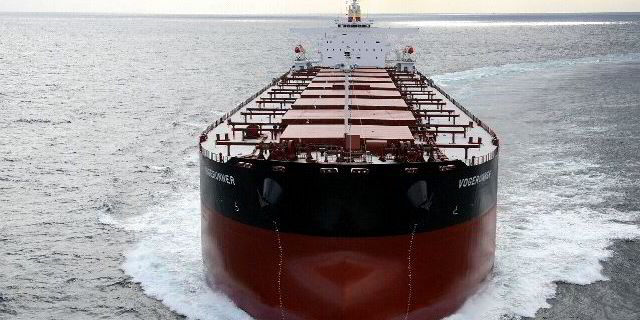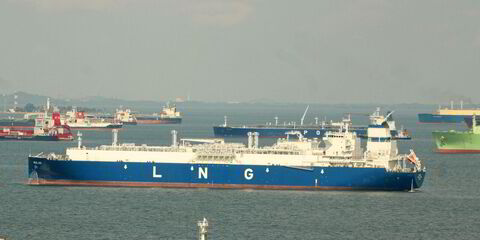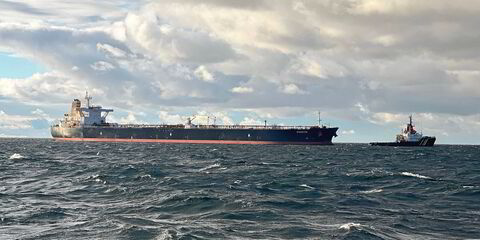Gregory Lewis expects to see more shipowners left holding the bag this year and next if the market downturn continues.
If freight rates were to rise above cash costs the impact might not be as positive as many would expect, he continued, as an uptick would threaten to curb the rationalisation of global fleet capacity through demolitions in that operators would be less inclined to scrap ageing tonnage.
“Through the first eight months of the year over 200 bulkers were secured on fixed employment contracts at an average rate of $11,000 per day,” Lewis told clients Wednesday. “Over this same period average spot rates for these vessels have averaged closer to $6,000 to $7,000 [per day].
“While owners willing to charter their vessels on these contracts are outperforming the market – customers chartering-in this tonnage are bleeding money daily. While charter defaults have been occurring across the industry – should the market remain in the doldrums into next year we would expect a pick-up in defaults.”
Lewis believes China is still the key to a demand-driven rebound but doesn’t expect a meaningful recovery to take shape until 2014 despite the global orderbook dropping to its lowest level in eight years as record deliveries have outstripped demand by nearly two to one, he said.
The analyst forecast 2013 day rates of $17,000 for capes and $11,000 for panamaxes, which are currently commanding spot market averages of around $5,900 and $3,700, respectively, or around $9,000 and $8,500 per day when fixed on one-year time charters, shipbrokers say.
Multiple owners have fallen victim to defaults on charters penned at the height of the market in recent months, including John Fredriksen’s Knightsbridge Tankers, and the trend has prompted a public outcry from like likes of tycoon George Economou and Paragon Shipping’s Michael Bodouroglou.
One man’s loss is another man’s gain, however, as observers are quick to note that countercyclical segments of the shipping business like maritime law are cashing in on the downturn as a result of disputes over charter and newbuilding contracts between cash-strapped counterparties.
Check out the fact box to the right of this article to read the Credit Suisse dry outlook report in full



